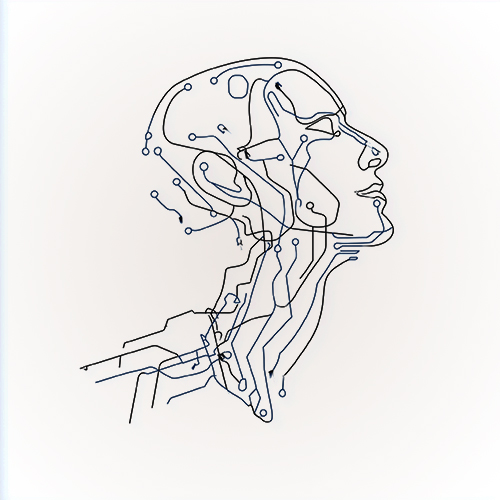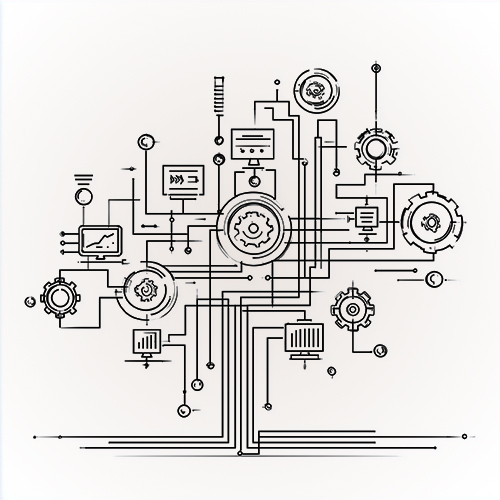Getting rid of Excel and manual entry
Jari Lehtonen is responsible for information management in Inha Works’s organisation of approximately 150 personnel. Lehtonen has a long history of working in the manufacturing industry, and the role of information management as an enabler of a company’s growth and internationalisation fascinated him enough to become the subject of his PhD thesis. “Digitalisation and automation have always interested me. They make it possible to get rid of pointless manual work stages,” Lehtonen says. “If I could, I would ban the use of Excel altogether. There’s always a better tool.”
Coding is not the most interesting subject.
Inha Works had employed Digia’s Microsoft Power BI solution for over a year for tasks such as management reporting, and the company utilises other Microsoft technologies as well, such as their Azure cloud service. Lehtonen considered options for digitalising the reporting of production quality issues and came to the conclusion that Microsoft Power Platform could offer a quick and cost-effective option. “Coding is never the most interesting phase of a project,” Lehtonen says. “Staying within the solutions of the Microsoft ecosystem was an attractive prospect. When it came to implementation, Digia had been our partner for the successful Power BI solution and also had a proof of concept that fit our needs well.”




